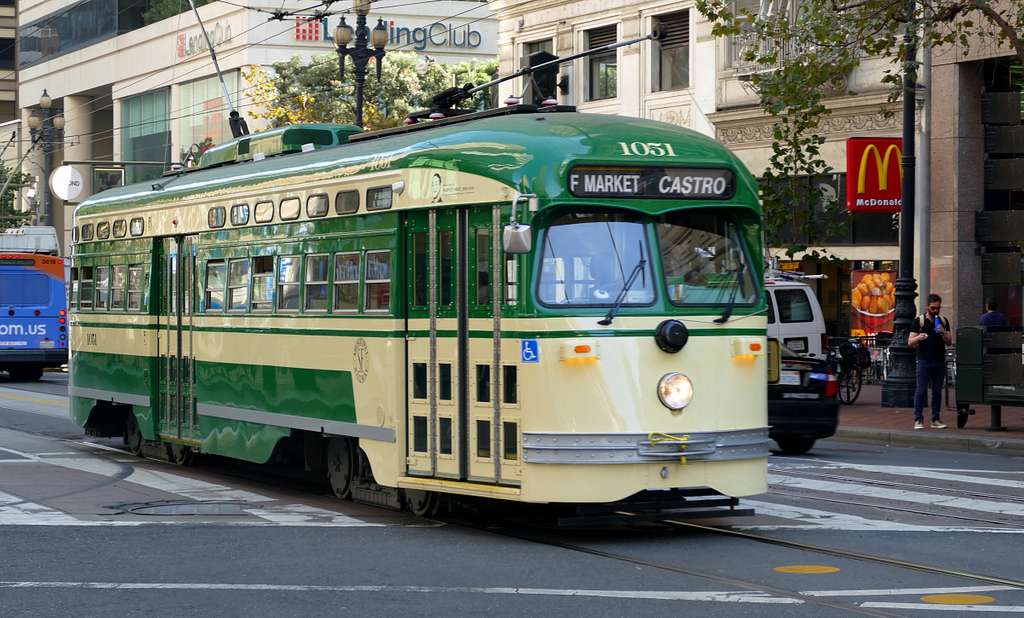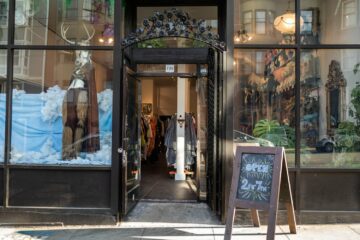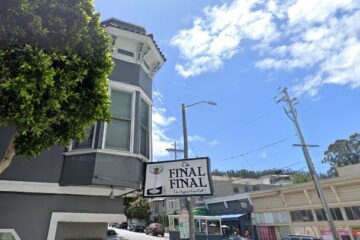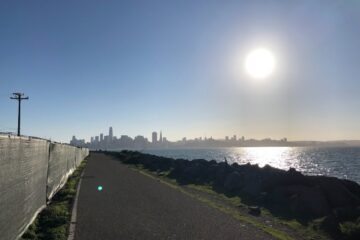Should MUNI Eliminate Fare Inspector Positions Altogether?
Maybe you always pay to ride. Maybe you’ve been busted once or twice. Perhaps you never pay, getting by on God’s good humor. No matter what, on every MUNI trip you take, San Franciscans from each category ride with you.
Fare inspectors are neither third-party rent-a-cops nor officers of the San Francisco Police Department. The folks you see pulling people off of buses are MUNI employees, whose jobs emblematize America’s culture of surveillance. These civil servants are not legally entitled to physically restrain you or otherwise prevent your escape.
If a uniformed SFPD cop is present when fare inspectors remove you, that’s a different story. Since fare evasion is a legal infraction, cops can detain you by force while fare inspectors write you up. Otherwise, nothing will stop you from simply bailing on the situation. Then you get to say you saved an extra $125 by running.
Breaking it down by the numbers
Before the pandemic, fare inspectors issued around four thousand violations a month. In March 2020, also known as the Beginning of the End, MUNI essentially halted inspections. Inspectors issued 325 citations in the two years between then and November 2022. Meanwhile, MUNI continued to employ forty-three fare inspectors full-time. Compare that to May 2022, during which 681 riders received citations, and even those may have been fruits of convenience.
Yearly salaries for SF MUNI fare inspectors lie between $71k and $87k. Forty-three of them work for MUNI and have since pre-pandemic times. The salaries of all 43 account for at least $3,741,000 of MUNI’s annual budget. The monthly average sum of citations before COVID-19 added up to $250,000. That figure represents the amount of fees assessed—not paid. If everyone paid their fines for one year straight, it would amount to around three million dollars. Hold your breath until that happens.
Do fare inspectors pay for themselves in the fines they solicit? Or could their combined three million dollar-salaries contribute to something genuinely beneficial, like making MUNI free for residents?
Sadly San Francisco is unlikely to follow examples set by Boston, Missoula, and Kansas City, all of which have made their public transit free. I recently visited Kansas City, my hometown, after ten years away. In that time, downtown accumulated over a thousand new residents. Coupled with an initiative to transform vacant office towers into apartments, free transit has visibly revitalized downtown KC. Facilitating movement between the Midwestern city’s most populous districts has revived local business more effectively than prior failures to draw suburbanites with stationary attractions.
See also: Fares accounted for only a fifth of MUNI’s operating pre-pandemic budget.
So why isn’t San Francisco willing to do the same? Officials often point to fare evasion as a major contributing factor to MUNI’s financial strife. In July 2022 however, the transit agency received a $116 million infusion from the State of California. Rumors have been circulating at 1 South Van Ness about anti-homeless attitudes impeding initiatives to institute fareless travel. Allegedly, the absence of barriers like fare and turnstiles could result in MUNI vehicles serving as refuge for the homeless.
“Oh God, yeah,” an anonymous MTA source confirmed for Mission Local. “The question is, do we lose twenty percent of our ridership because we gain five percent [more] homeless people? That is a real fear people have. We already have a problem cleaning our buses. We already have a problem with operator assaults.”
MUNI also already provides a de facto shelter for the homeless. Whether or not they charge fare already does not matter.
This is also in part an optics issue. A contentious concern exists that the public (read: tourists) will see MUNI vehicles as “rolling homeless shelters.” MUNI’s desire to hide San Francisco’s overwhelming crisis of homelessness aligns with the city’s ignorant disposition towards unhoused individuals. How is it that practically all of the city’s persistent problems come down to housing?
“Thousands of dollars lost to fare evasion” in the early COVID years pales in comparison to fare inspectors’ salaries. To blame the homeless for MUNI’s lost revenue ignores the very real class struggles its working population faces every day. It makes them villains in a city where their presence is already reviled. Nonetheless, rather than approve construction of shelters, the prevailing approach in San Francisco is “out of sight, out of mind.”
See also: Mayor London Breed “shoots down” Free MUNI Pilot Program
While unhoused people account for many of those MUNI penalizes, low-income riders suffer most from financial consequences. Independent students, single parents, and so-called “essential workers” in the food service and hospitality industries already strive to stay afloat. San Francisco instituted a monthly discount pass of $40 for low-income passengers. Still, to acquire that pass, you must travel to SFMTA’s headquarters on Van Ness and Market. How will you get there? Can you afford the time off it takes to wait in line for a new sticker every month?
Javier Bremond, an economic equity organizer with the Community Housing Partnership, spoke with SF Examiner reporter Carly Graff in 2020. “For our residents who are on fixed income, getting a fare evasion ticket is a significant blow to their financial stability. This is merely an aesthetic change to an unjust practice of punishing people who cannot afford to ride public transit in San Francisco.”
Fareless transportation is possible and desirable by everyone except a handful of people whose jobs are to punish the poor. Why shouldn’t public transit be subsidized and made free to ride?

Howdy! My name is Katy Atchison and I'm an Associate Editor for Broke-Ass Stuart.
I want to take the time to say thank you for supporting independent news media by reading BrokeAssstuart.com. Supporting independent news sources like Broke-Ass Stuart is vital to supporting our community because it amplifies the voices of a wide variety of diverse opinions. You also help support small businesses and local artists by sharing stories from Broke-Ass Stuart.
Because you're one of our supporters, I wanted to send over a pro-tip.
Our bi-weekly newsletter is a great way to get round ups of Broke-Ass Stuart stories, learn about new businesses in The Bay Area, find out about fun local events and be first in line for giveaways.
If you’d like to get our newsletter, signup right here, it takes 5 seconds.









